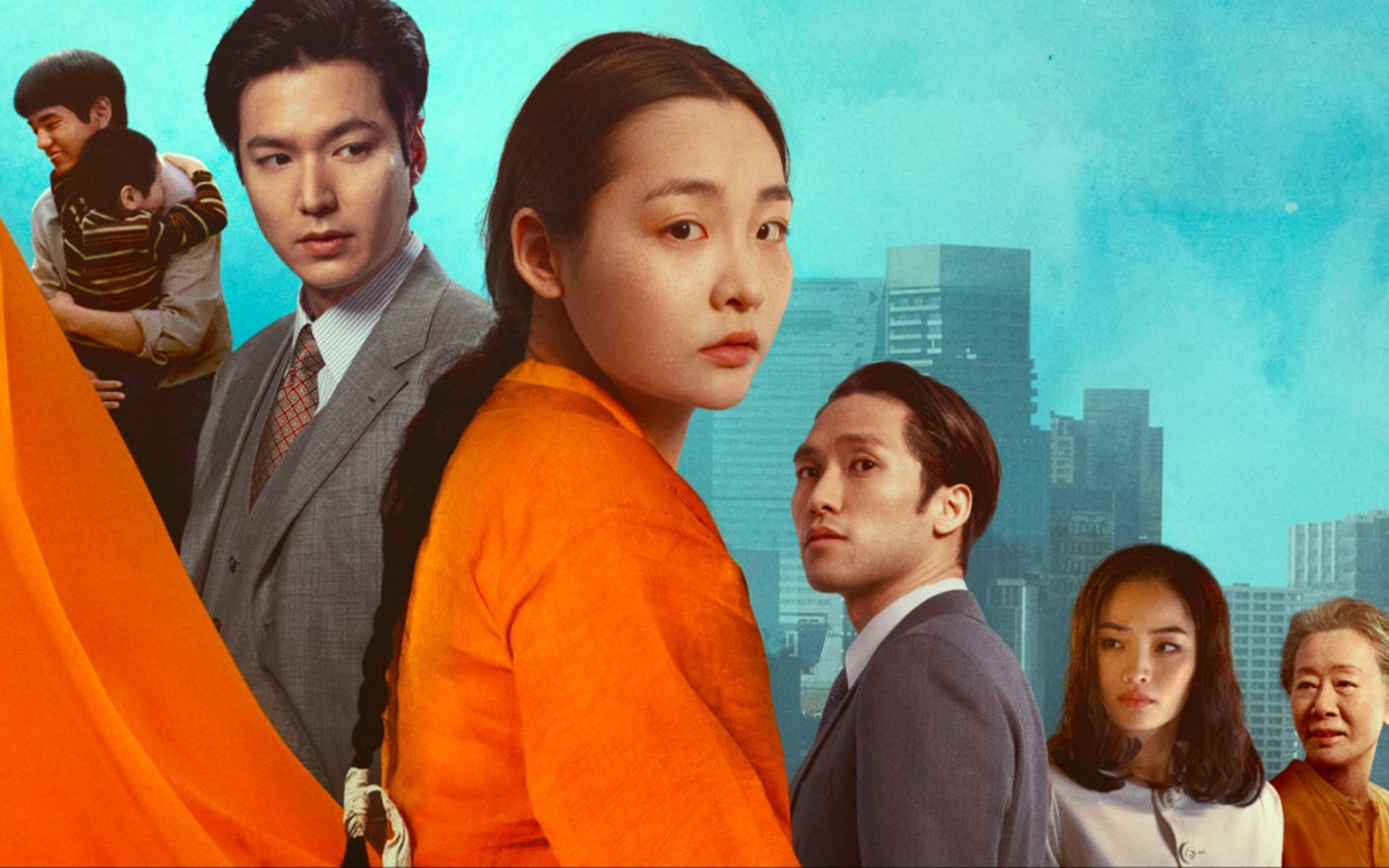Pachinko, an AppleTV+ series that just completed its second season, is a story that chronicles a Korean family as they learn to survive through three consecutive generations of subjugation, discrimination, and social degradation. Adapted from Min Jin Lee’s novel of the same name, Pachinko centers around matriarch Sunja, played by Kim Minha as the younger Sunja, and Youn Yuh-jung as the elder.
The beginning of every episode begins with a language disclaimer: Pachinko is a multilingual series with dialogue in Korean, Japanese, and English.
For Western audiences, this disclaimer is no more than an introductory footnote to help the viewer toggle between corresponding yellow and blue subtitles. For the Korean American viewer, however, this is more than a disclaimer. Code-switching while toggling between languages is a narrative embodiment of our lived experience.
Throughout the second season, Sunja and her family are continually reminded that they are the unwanted scourge of Japanese society or, at the very least, a festering annoyance to be tolerated. They are Koreans living as second-class citizens in Japan, learning how to survive among people who have their noses turned up against them. They’ve learned the language of their oppressors and only speak in Korean when they are in safe spaces.
This is eerily similar to the Korean American experience. The running dialogue in our minds ceaselessly transitions multilingually. We toggle back and forth between languages, cultures, and customs, primarily as a means of survival. And like Sunja and her family who are the perpetual gaijin (foreigners in Japan), Koreans in America are always outsiders.
By the time the narrative reaches the third generation of Sunja’s family, her grandson Solomon (Jin Ha) reaches a tipping point. While shopping with Sunja at a bakery, Solomon overhears a local baker degrading his grandmother and he loses his temper. Though his outrage was ugly, Korean Americans empathize with his rage all too well.
In a previous blog post, I wrote “Solomon’s outrage was in response to a lifetime of being passed over, a lifetime of being treated as a second(-class) citizen and, most exhausting, a lifetime of biting his tongue and swallowing his bitterness. It was a predictable outburst—spurned when the mantra ‘keep your head down and work hard’ failed to deliver on its promises for the umpteenth time.”
For The Banner’s non-Korean readers, Pachinko offers an avenue to expand their Christian awareness of their Korean American neighbors. The experience of being passed over for employment positions, undermined in middle management, and the feeling of simply being “tolerated” is a reality that takes its toll. Safe spaces are needed, if only for the ability to take a breath and let down our guard. (Rated TV-MA for violence, some strong language, and non-graphic sensual content. Recommended for 15 and up. Apple TV+)
About the Author
Daniel Jung is a graduate of Calvin Theological Seminary and an ordained pastor in the Presbyterian Church in America. He lives in Northern California, where he serves as an associate pastor at Home of Christ in Cupertino.

